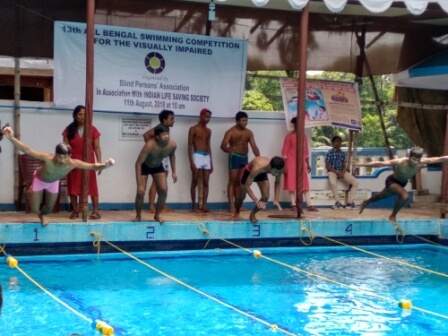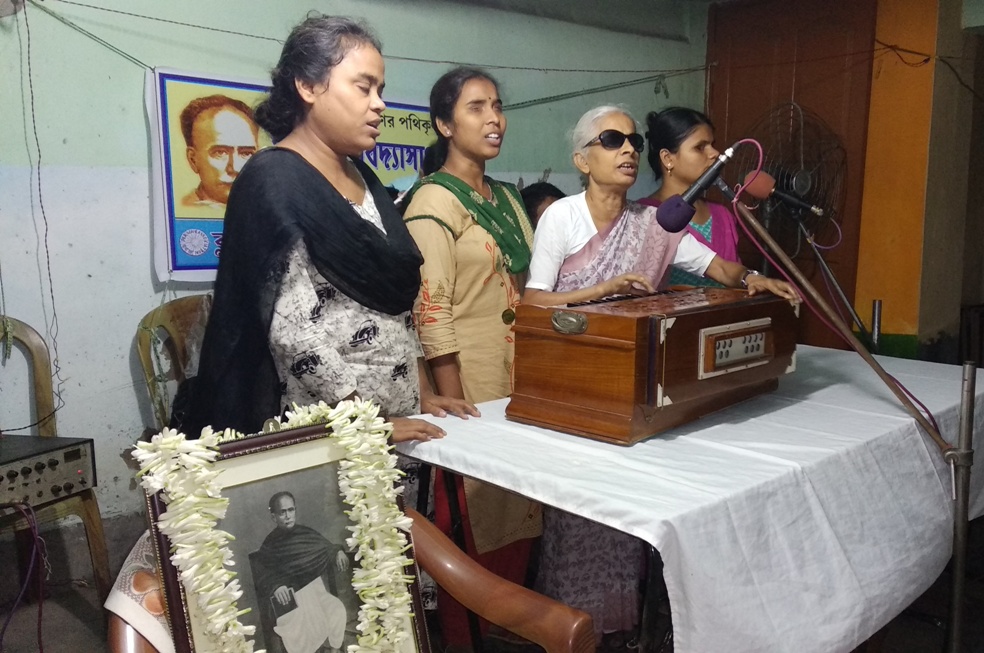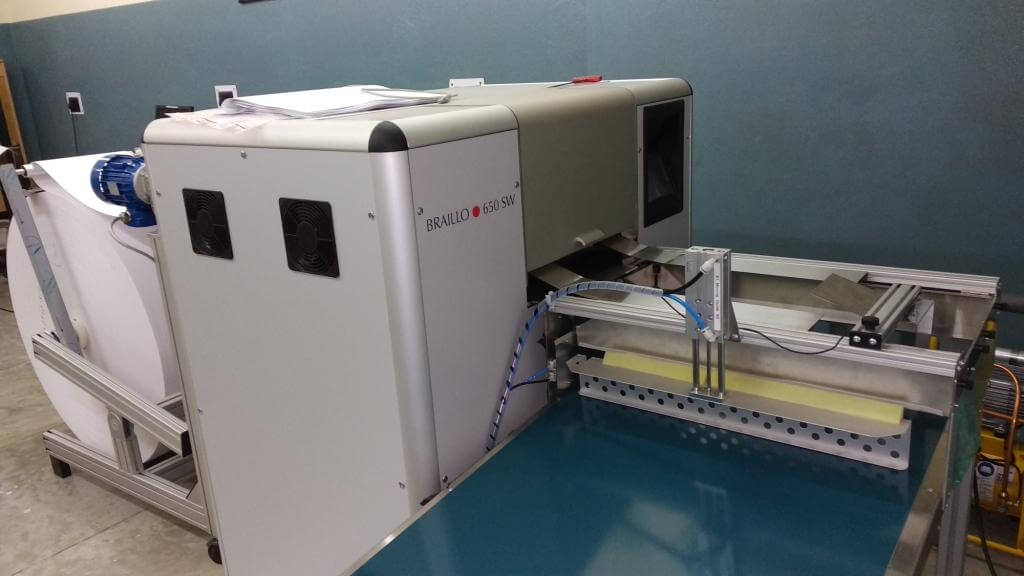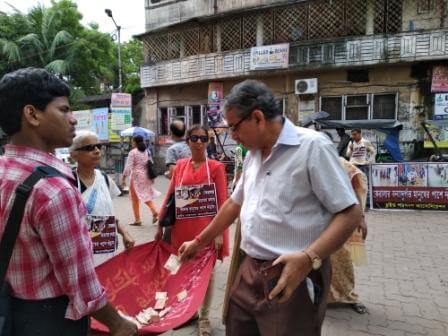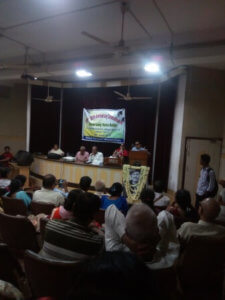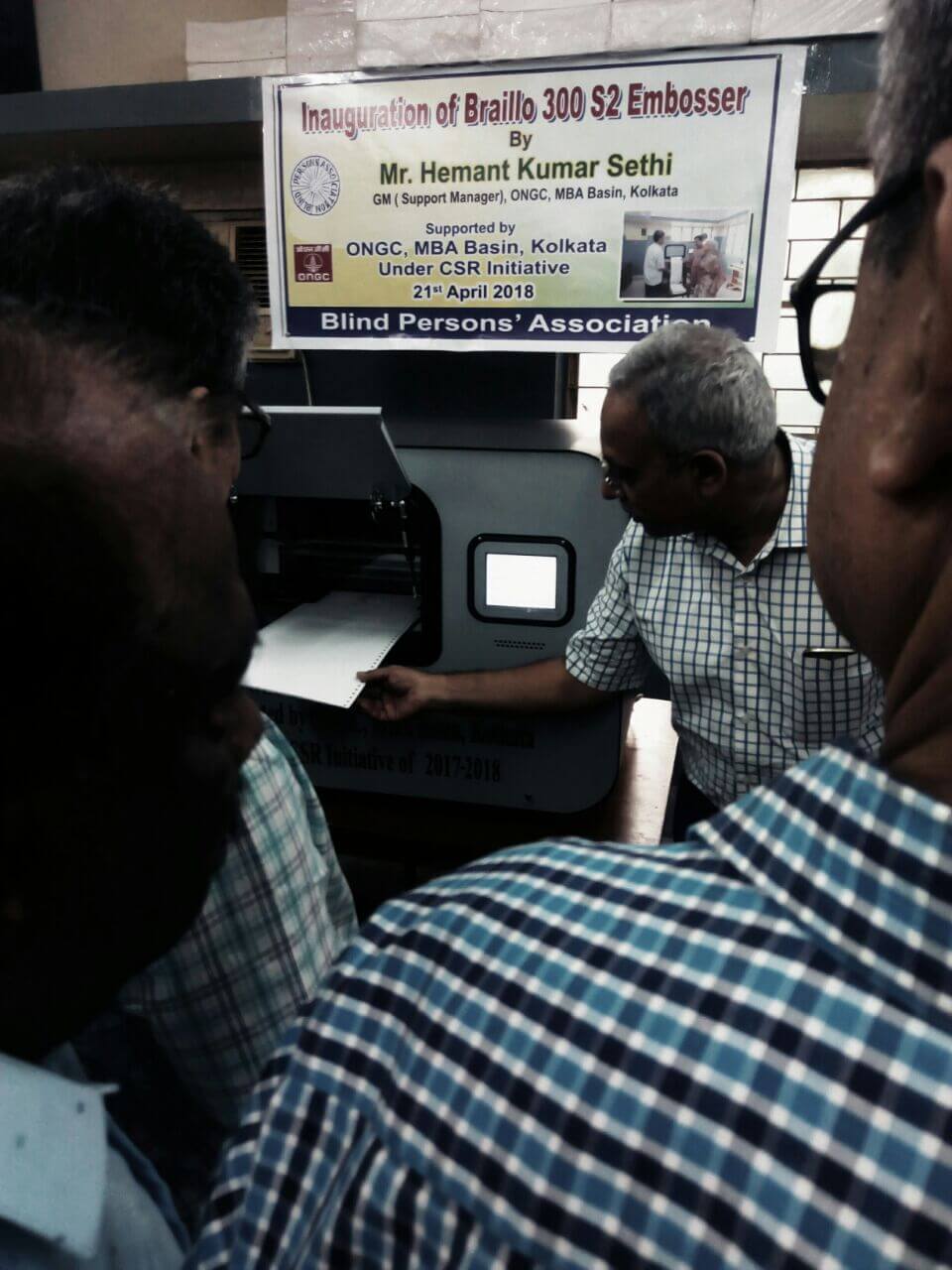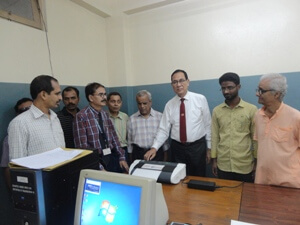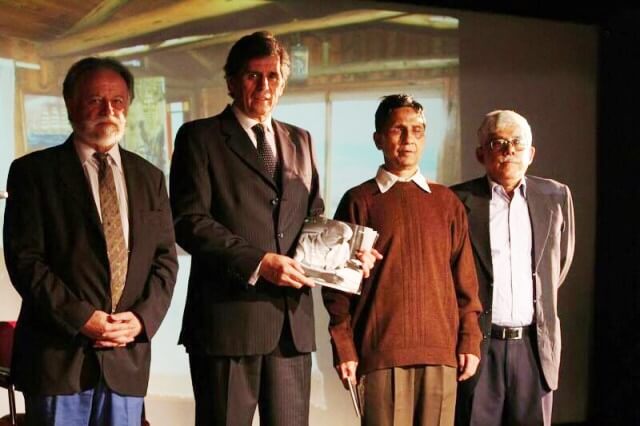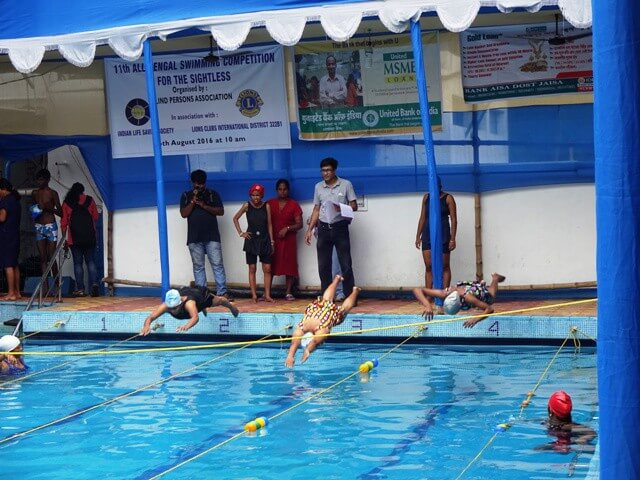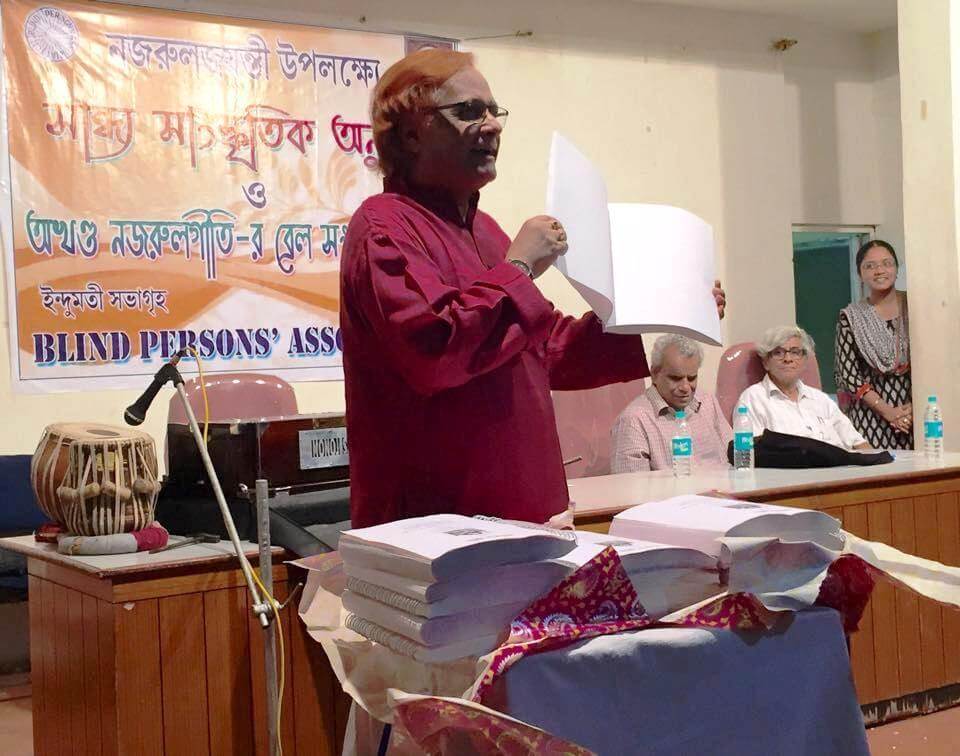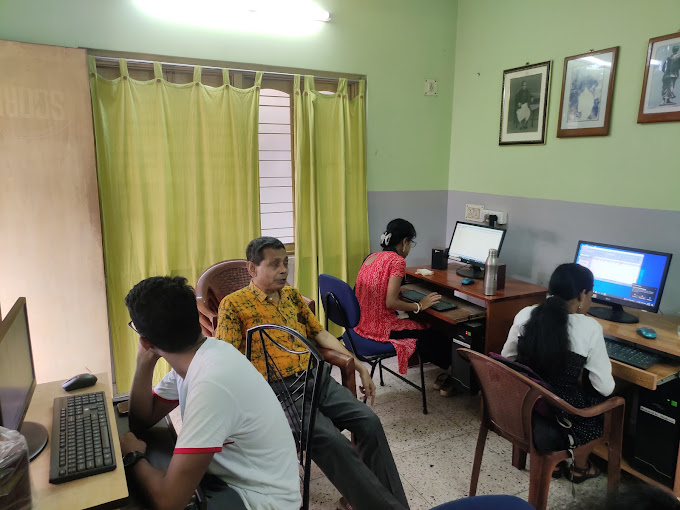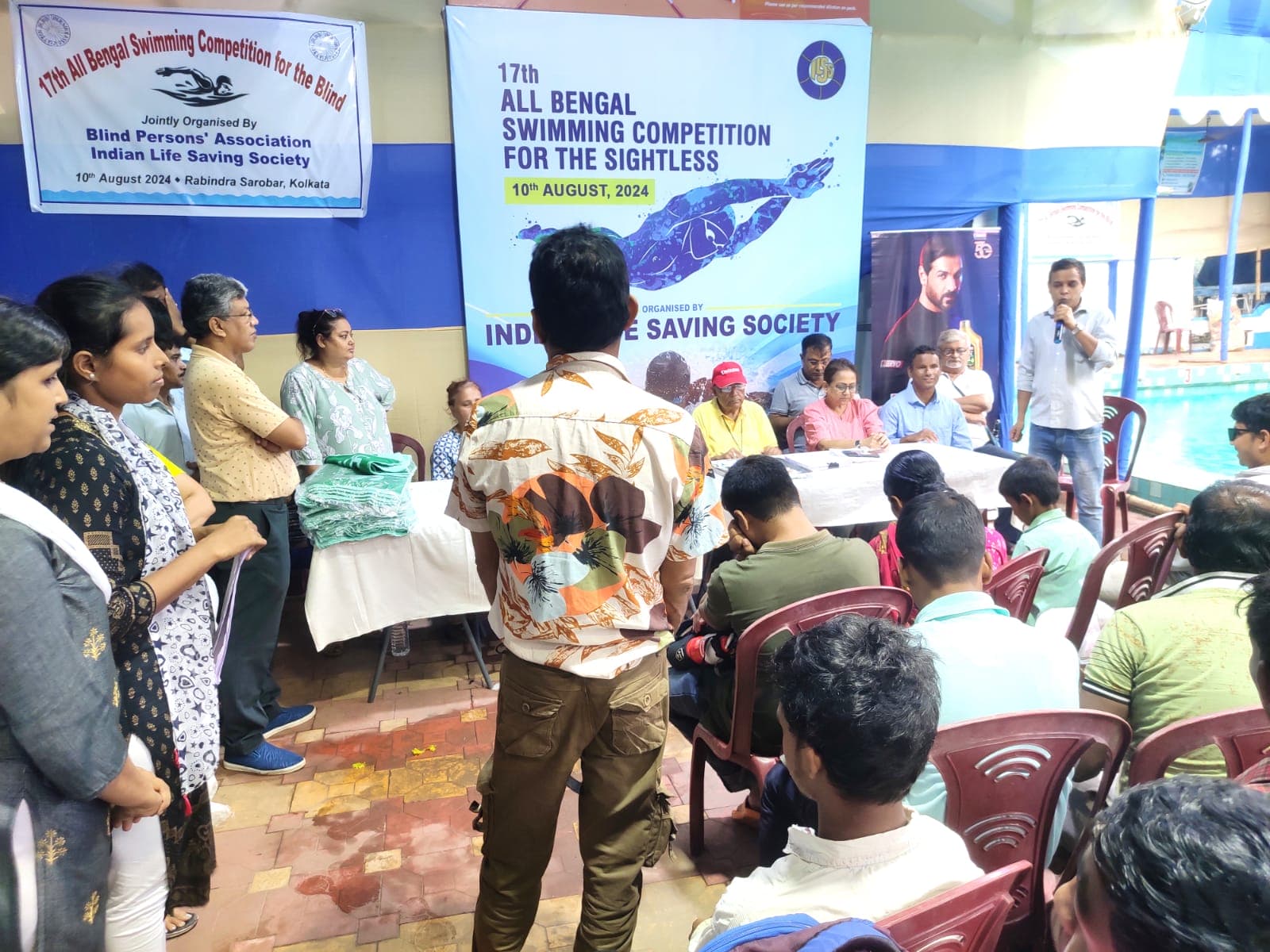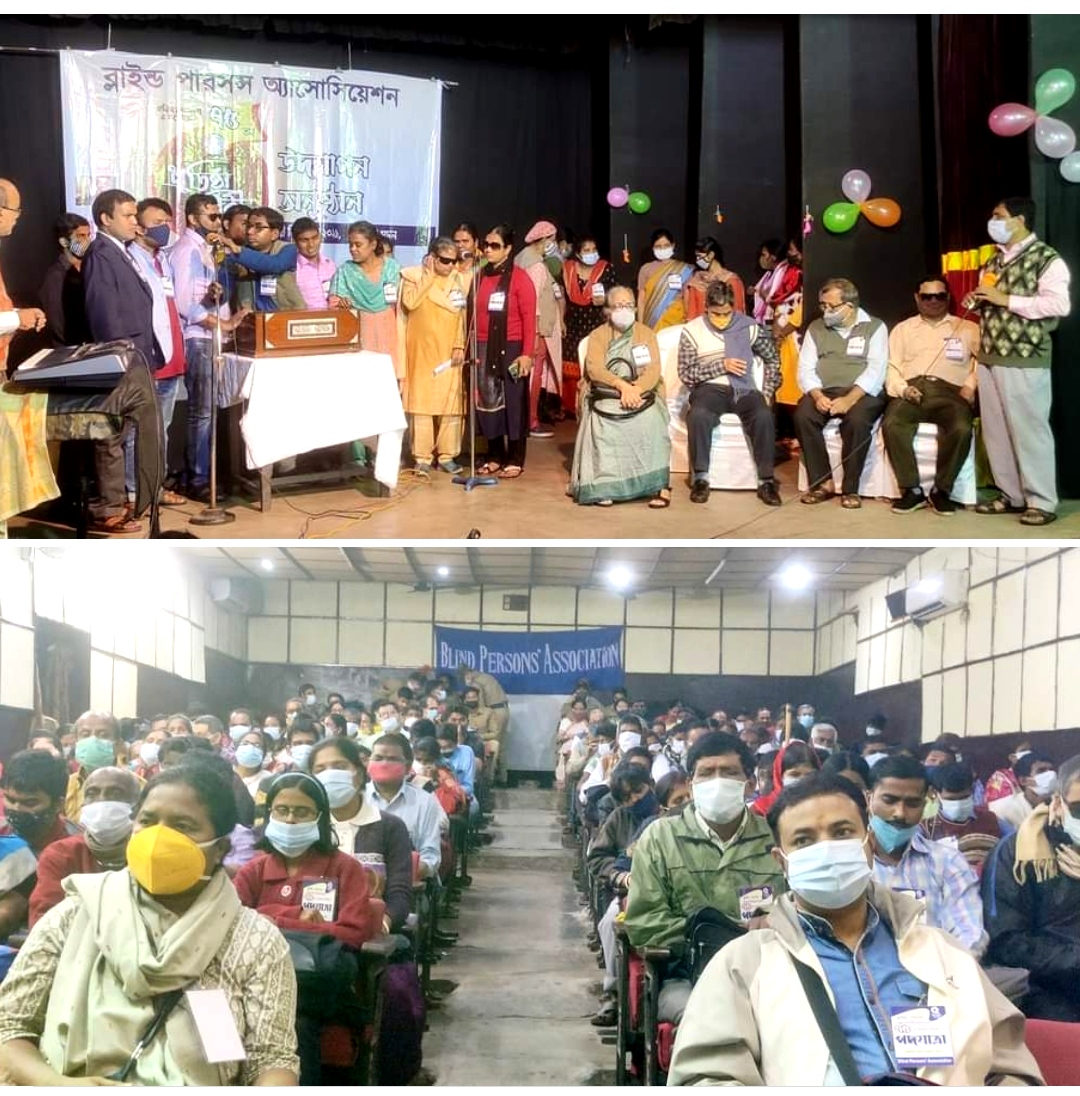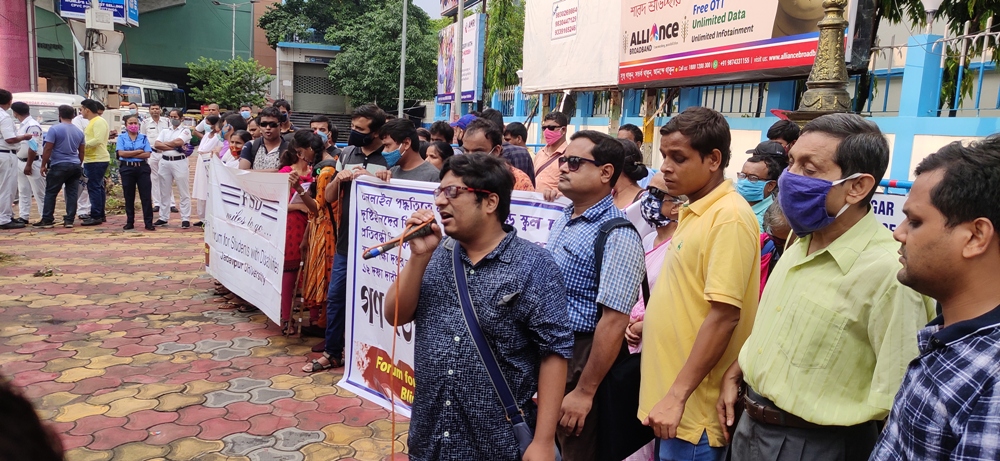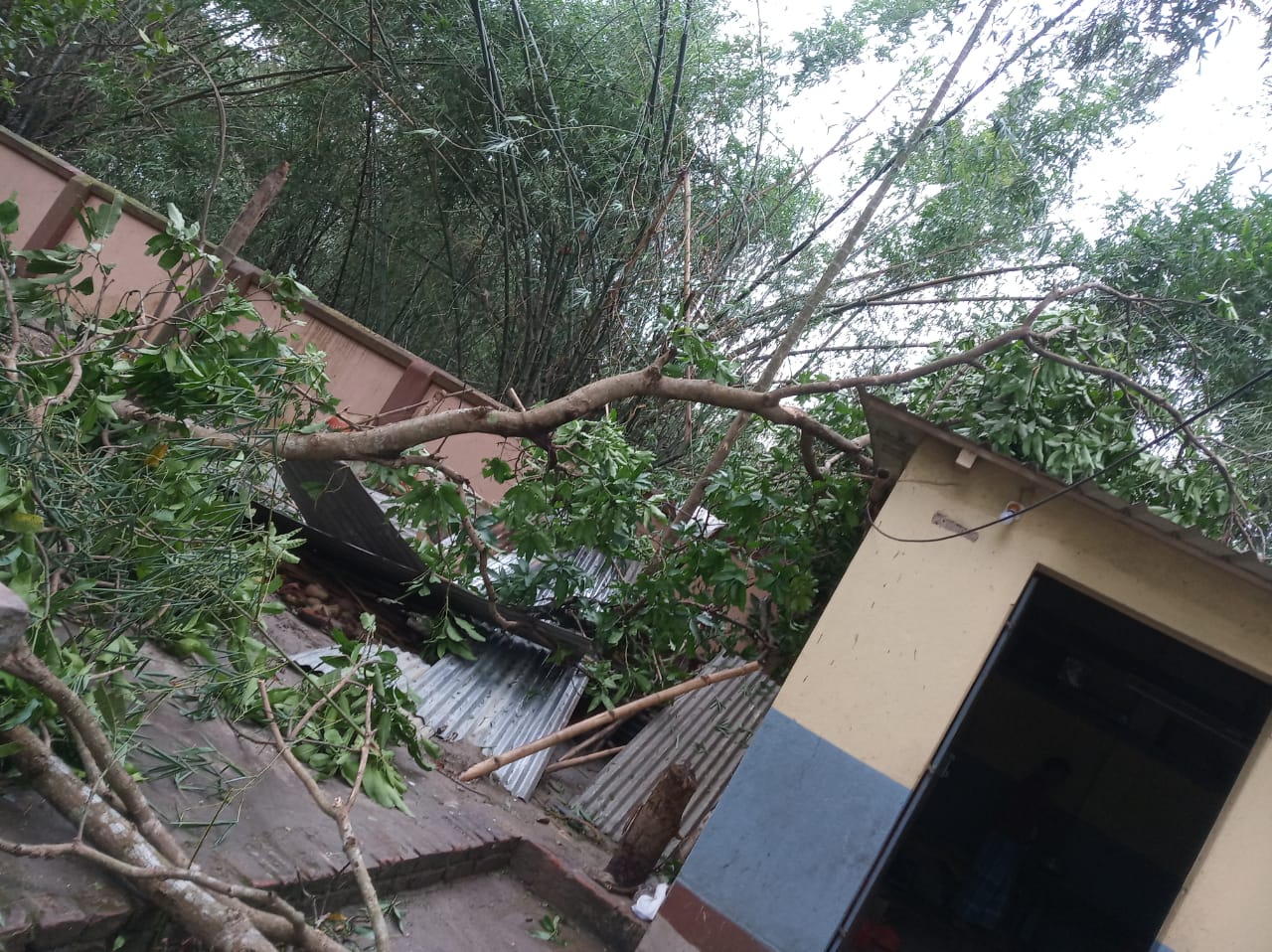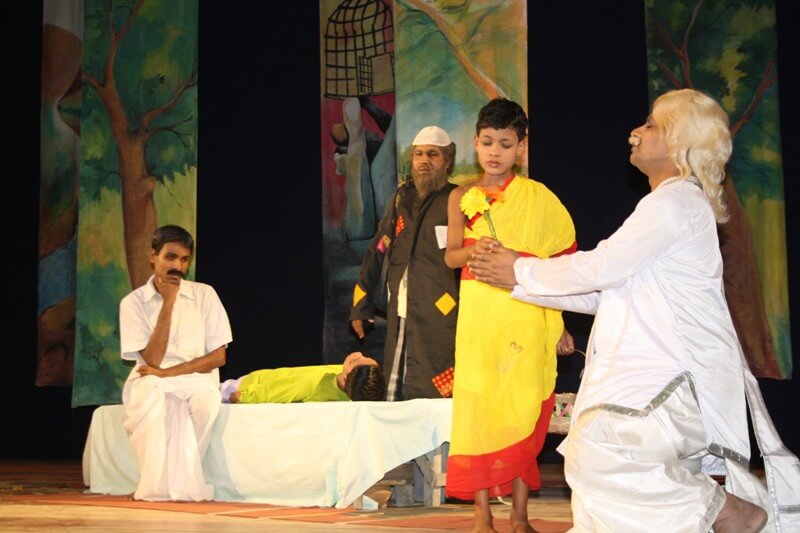Civic Convention on Special Schools
| Date | 15 September 2018, 3 – 6 PM |
| Place | Federation Hall, 294/2/1 APC Road, Kolkata – 700009 |
Special School and Inclusive Education
Special schools providing education to blind children are now at stake as they are, it appears, of secondary importance to the government. We are afraid, there is a clear shift from special schools to much easier and far less expensive inclusive education for educating innumerable blind children.
The situation will become as clear as broad day light if you just visit any blind school in West Bengal. Some of these schools do not have any blind teacher. The sighted teachers posted in these schools may have learned Braille during training, but you know, Braille is a difficult process and needs a lot of hands-on practice. Unless one uses Braille regularly, one is likely to forget it. An RTI reply recently reached us on the number of physically handicapped teachers in the special schools of West Bengal. The figures are stunning. We have at least one blind school in the state where there is no blind teacher, but one blind cook. It is a good sign that a blind person is cooking food for children and we have no hesitation in congratulating him and the authorities for the hitherto-unseen boldness they have shown.
These special schools are neglected in every way. There are a good number of posts lying vacant for years. Let alone the special schools in the districts, reputed special schools in Kolkata like Calcutta Blind School, Light House for the Blind and Blind Boys’ Academy have at least more than ten vacancies in the teaching cadre. These schools have to manage with part time teachers if they can afford to pay for these teachers from their own fund.
These special schools hardly have teachers for specific subjects. That is, they do not have specialist teachers for all subjects. We do not understand why a special school should not have a science teacher with a science degree who can teach the children science and mathematics. Since these special schools in West Bengal are under the Ministry of Mass Education, the teachers are appointed directly. It should have saved time. But in reality it kills time. Posts, both teaching and non-teaching, remain vacant for years.
This is strange that education of disabled children is entrusted with the department of Mass Education (Extension) in West Bengal. This department is supposed to look after the adult literacy programmes like Sarbashiksha Abhijan. This is a monumental task the department has to accomplish with little fund and manpower. Naturally, education of disabled children is an extra burden on it. We have hardly anything to say against it. But just a question, do the disabled children belong to the marginal section of the society? Why should the special schools be supervised by the Ministry of School Education when they are following the same syllabus under the same Board of Secondary Education?
We learned from All India Radio on 8th September, the World Literacy Day, that Janab Siddiqullah Chowdhury, Minister of State, Department of Mass Education Extension & Library Services announced that the state government is planning to set up a special university for disabled students. Does it mean that the government is going to further marginalize the disabled students? Are they going to restrict admission of disabled students into mainstream colleges and universities?
We were seriously worried when special schools received little attention in the new Rights of Persons with Disabilities (RPD) Act, 2016. Though not adequate, some importance was attached to setting up of special schools in the erstwhile Persons with Disabilities (PWD) act, 1995. Section 26(c) of the PWD Act specified,
“The appropriate Governments and the local authorities shall–
(a) Ensure that every child with a disability has access to free education in an appropriate environment till he attains the age of eighteen years;
(b) Endeavour to promote the integration of students with disabilities in the normal schools;
(c) Promote setting up of special schools in Government and private sector for those in need of special education, in such a manner that children with disabilities living in any part of the country have access to such schools;
(d) Endeavour to equip the special schools for children with disabilities with vocational training facilities.
Let us read Section 31(1) of the new RPD Act, 2016:
Notwithstanding anything contained in the Rights of Children to Free and Compulsory Education Act, 2009 [35 of 2009], every child with benchmark disability between the age of six to eighteen years shall have the right to free education in a neighbourhood school, or in a special school, of his choice.
Well, it allows freedom of choice of either inclusive education or special education for a disabled child. But where are the special schools to be chosen? If the government does not set up, or as they say, cause to set up, special schools and neglect the existing ones, how will a blind or a deaf child exercise his “right to free education in a neighbourhood school, or in a special school, of his choice?”
We are not against inclusive education. Blind Persons’ Association adopted the system of integrated or inclusive education way back in the ‘eighties through its different special schools. We tried this model after teaching the blind children basic skills like Braille and providing them standard education up to class iv. If you thrust the blind children into a normal school, without teaching them Braille, they cannot cope up with their normal classmates. They not only lag far behind their friends, they start feeling inferior as well.
The education of the disabled children under the present system of inclusive education depends on the special educator. In West Bengal a special educator has to cover thirty to sixty schools within a block. He can scarcely visit a disabled child twice in a month. And how much is he paid? Just Rs. 8,000 or so. We cannot expect much of such a low-paid special educator. We had rather refrain from asking questions about Braille or sign language skills of these students. The special educator has to manage all his expenses by private tuition or some other way. In consequence, the disabled child, especially if he is blind or deaf, learns little except some poems or some common pieces of information. Since there is no examination up to class viii, his lack of knowledge is seldom noticed. He gets automatically promoted every year. And when he comes out of the school, he cannot compete with his non-disabled friends. Inclusive education may be useful for children of well-to-do parents who can afford to spend time and money for their wards.
We are going to raise the following demands in the forthcoming convention:
- All disabled children must be provided education up to class viii in special schools and not under the scheme of Sarbashiksha Abhijan or inclusive education
- All teaching posts lying vacant in the special schools must be filled up immediately.
- Teachers using Braille or sign language must be recruited in the special schools.
- Special educators must be appointed as full time teachers with proper pay scale.
- Education of disabled children must be brought under the jurisdiction of the Department of School Education instead of the department of mass Education Extension.
You may also read a Bengali article, Unite for Braille and Special School on this topic.
